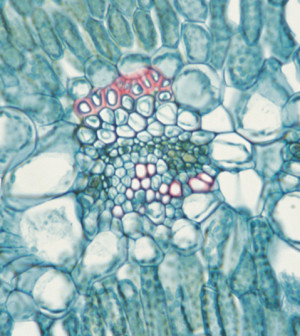- Could Your Grocery Store Meat Be Causing Recurring UTIs?
- Are You Making This Expensive Thermostat Error This Winter?
- Recognizing the Signs of Hypothyroidism
- 10 Strategies to Overcome Insomnia
- Could Artificial Sweeteners Be Aging the Brain Faster?
- Techniques for Soothing Your Nervous System
- Does the Water in Your House Smell Funny? Here’s Why
- Can a Daily Dose of Apple Cider Vinegar Actually Aid Weight Loss?
- 6 Health Beverages That Can Actually Spike Your Blood Sugar
- Treatment Options for Social Anxiety Disorder
Organ Transplants Linked to Higher Skin Cancer Risk

People who have an organ transplant may be more likely to develop skin cancer, new research suggests.
The finding applies to all transplant patients, even those who are nonwhite and dark-skinned, according to Dr. Christina Lee Chung, an associate professor of dermatology at Drexel University in Philadelphia, and colleagues.
The researchers said the risk increases over time with ongoing exposure to medications that suppress the immune system to prevent organ rejection.
Total-body skin exams should be a routine part of care after transplant surgery, the study authors advised.
For the study, the researchers analyzed medical records of 413 organ transplant recipients, 63 percent of whom were not white.
The investigators found 19 new skin cancers in 15 of the nonwhite patients. That group included six black patients, five Asians and four Hispanics. Among the black patients, all of the skin cancers were caught early on.
Most of the Asian patients developed skin cancers in areas that had been exposed to the sun. Skin cancers were also found on sun-exposed areas and lower legs of the Hispanic patients.
The researchers noted, however, that their ability to draw firm conclusions was limited by the small number of skin cancer patients. And the study did not prove a cause-and-effect link.
“Nonwhite organ transplant patients represent a unique group with specialized medical needs; thus, more knowledge on risk factors, appropriate screening methods and counseling points are essential for providing comprehensive dermatologic care for these patients,” the study authors concluded.
The study was published online Sept. 21 in JAMA Dermatology.
More information
The U.S. National Library of Medicine has more about organ transplantation.
Source: HealthDay
Copyright © 2026 HealthDay. All rights reserved.










